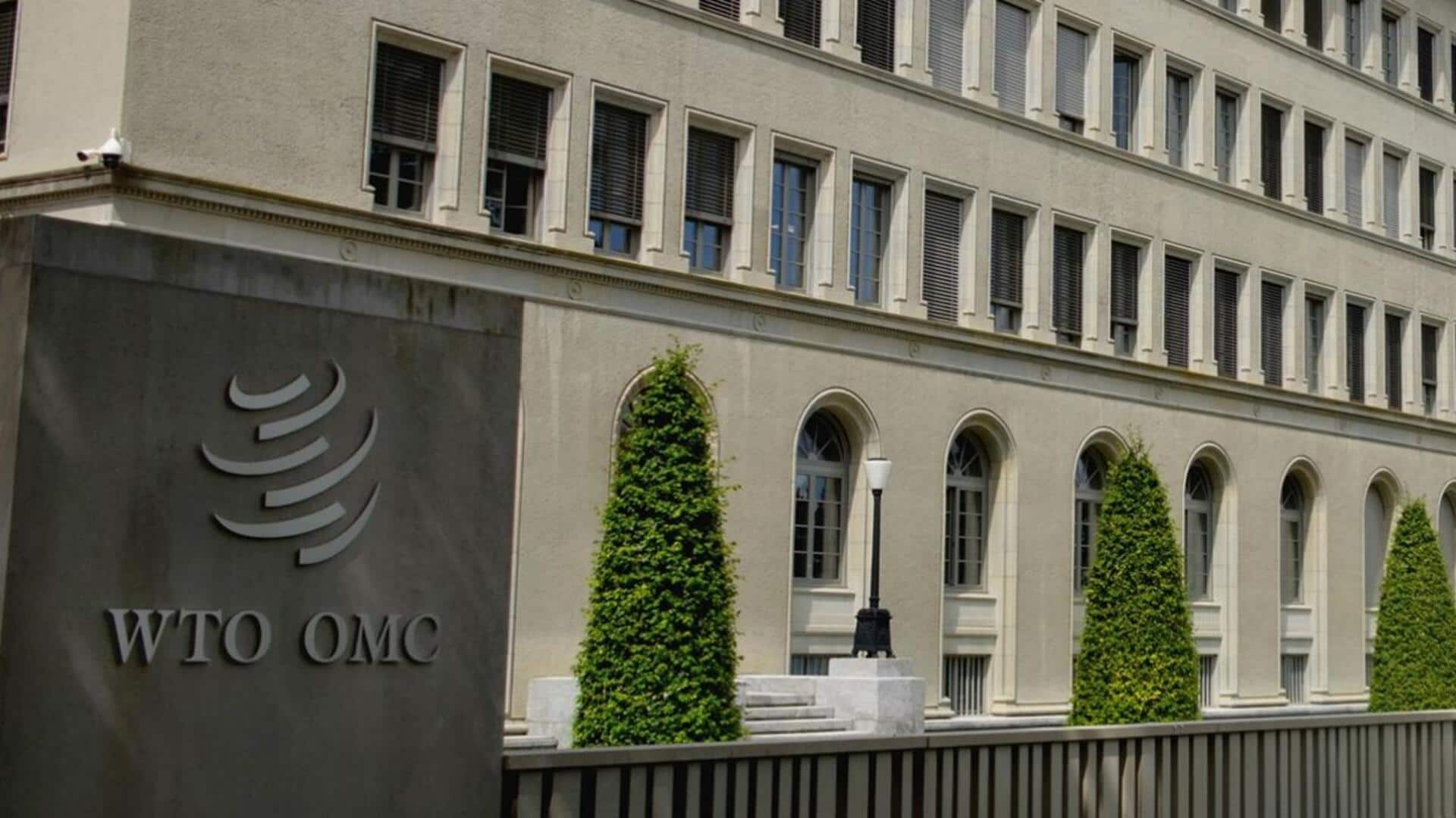
India-EU's import duty dispute resolution likely through free trade talks
What's the story
India is working to resolve a World Trade Organisation (WTO) import duty disagreement with the European Union (EU). It pertains to information and technology (IT) products such as base stations, mobile phones and components, optical instruments, and integrated circuits. The two parties are actively negotiating a proposed free trade agreement to settle the matter amicably. This follows a WTO panel ruling on April 17, that found India's import duties on these products to be in violation of global trading norms.
Details
EU seeks duty concessions, India proposes FTA discussions
The EU has requested duty concessions from India on these goods, claiming they breach international trade standards. However, India maintains that offering concessions solely to the EU would also violate WTO rules. An official stated, "They are seeking duty concessions, which according to India can be discussed only under the free trade agreement (FTA). India can consider something under the FTA, but not on MFN (most favored nation) basis."
Scenario
MFN basis and domestic manufacturing concerns
Under the MFN basis, WTO member countries cannot grant import duty concessions on goods exclusively to one nation or region without violating global trade rules. All 164 members must extend equal treatment to each other by providing MFN status. For India, reducing duties on these items is challenging as the government aims to boost domestic manufacturing of electronic goods and decrease imports. A production-linked incentive scheme has been introduced to support manufacturing of various IT hardware products in the country.
Insights
EU and Taiwan request non-adoption of panel's ruling
Both the European Union and Taiwan have asked the WTO's dispute settlement body not to adopt the panel's ruling against India regarding the ICT duty dispute, allowing the countries to reach a mutual resolution. India has recently settled all WTO trade disputes with the US through mutually agreed solutions. The appellate body is currently non-operational due to disagreements among member countries over appointing its members, with the US blocking appointments. Several disputes are already pending with this body.